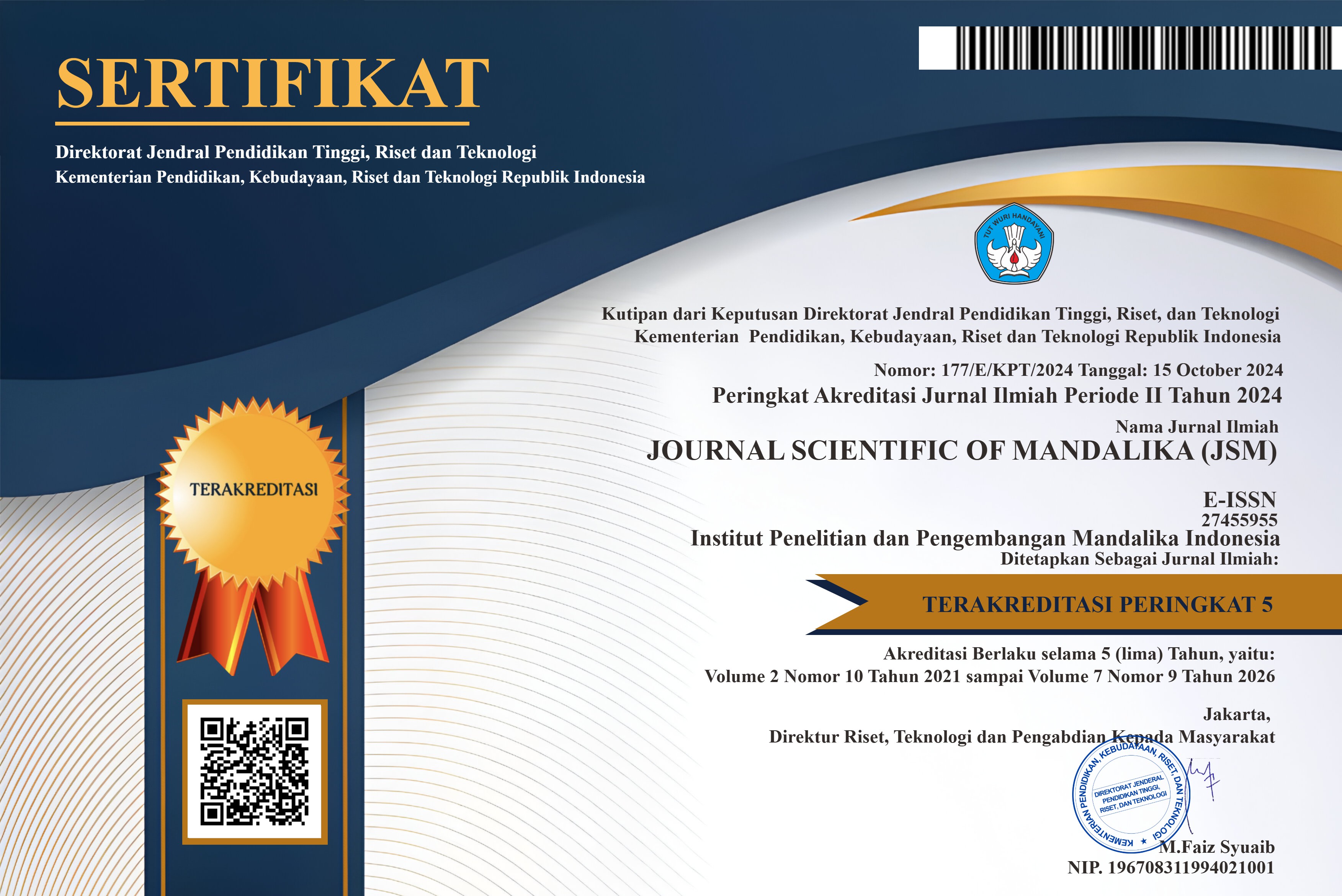Membaca dan Memegang Mushaf Saat Haid: Studi Living Hadis di Pesantren Sains Tebuireng
Abstract
The tradition of reading and holding the Qur'an during menstruation has sparked debate among students and pesantren administrators. In hadith studies, there is a prohibition against reading and touching the mushaf for menstruating women, as mentioned in several narrations. However, in practice, many pesantren accommodate students to interact with the Qur'an through various means, such as using digital mushaf, reciting with the intention of dhikr, or relying on tafsir.This phenomenon is part of Living Hadith, where the understanding of hadith is not only textual but also contextual, adapting to the social and cultural dynamics of pesantren. This study aims to examine the extent to which pesantren provide freedom or enforce strict regulations on this matter, as well as the perspectives of administrators and ustadzah regarding female students’ practices in reading and holding the mushaf during menstruation. This research investigates the practice of reading and holding the mushaf during menstruation within the context of Living Hadith at Pesantren Sains Tebuireng. It explores how female students understand and apply the Prophet’s traditions on this issue, as well as the interaction between textual doctrines and lived religious experiences. Using a qualitative descriptive approach with an ethnographic Living Hadith methodology, data were collected through field observations, in-depth interviews with students and ustadzah, and literature analysis from Islamic legal sources. Findings reveal that despite textual prohibitions, practical considerations such as educational needs, memorization maintenance, and pesantren traditions shape the acceptance and practice of female students in interacting with the Qur'an during menstruation. Various fiqh interpretations also influence pesantren policies, allowing alternatives such as using digital mushaf, translated mushaf, or reciting Qur'anic verses with the intention of dhikr or memorization retention. This study contributes to Living Hadith discourse by demonstrating how Islamic traditions are dynamically negotiated within pesantren environments, balancing textual authority with contextual adaptation
Copyright (c) 2025 Muhammad Royyan Faqih Azhary, Noval Syarofal Anam, Mohammad Iqram bin Ligi, Jamaludin Acmad Kholik

This work is licensed under a Creative Commons Attribution-ShareAlike 4.0 International License.













